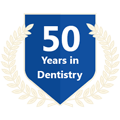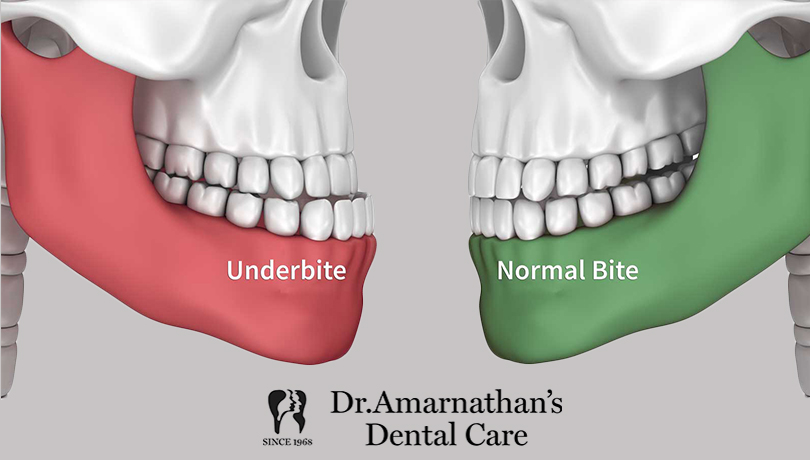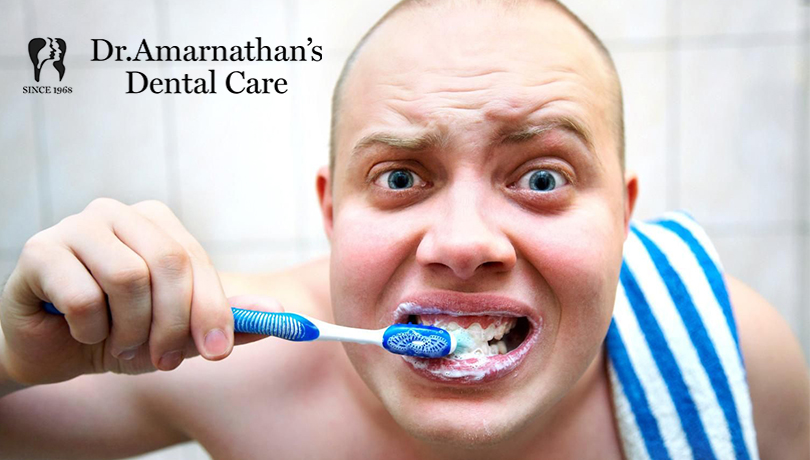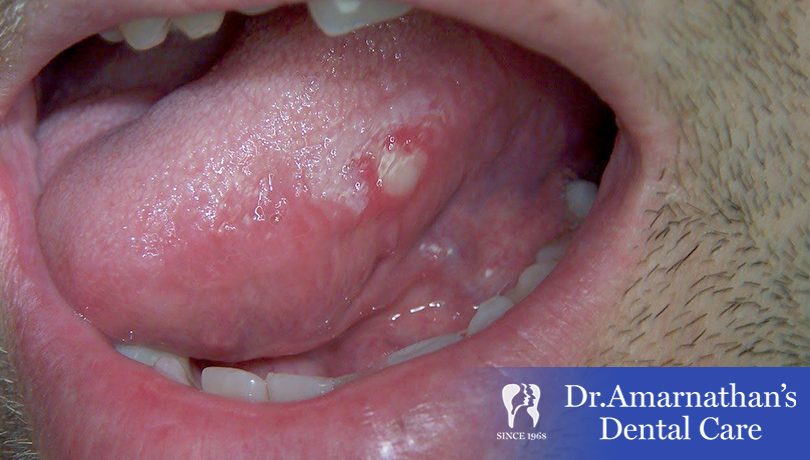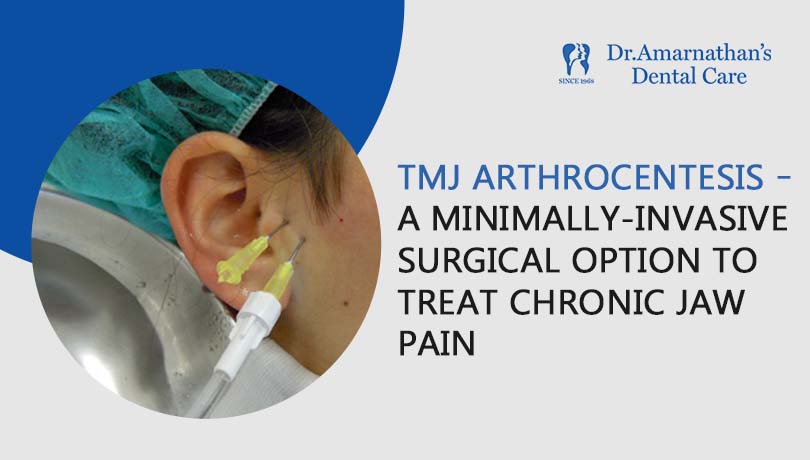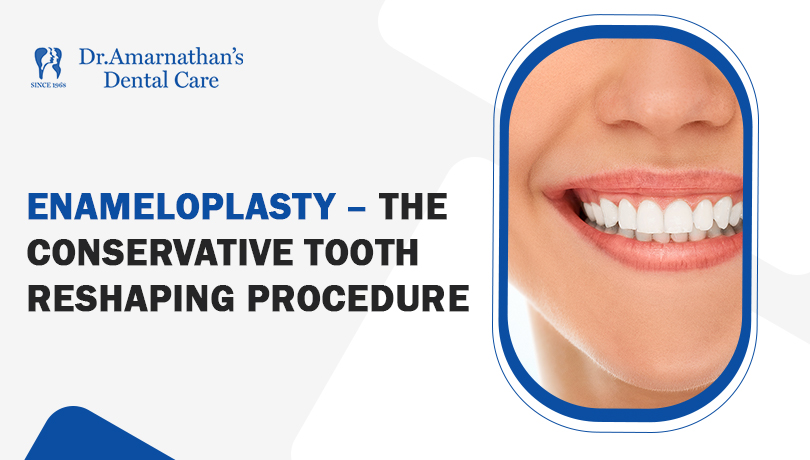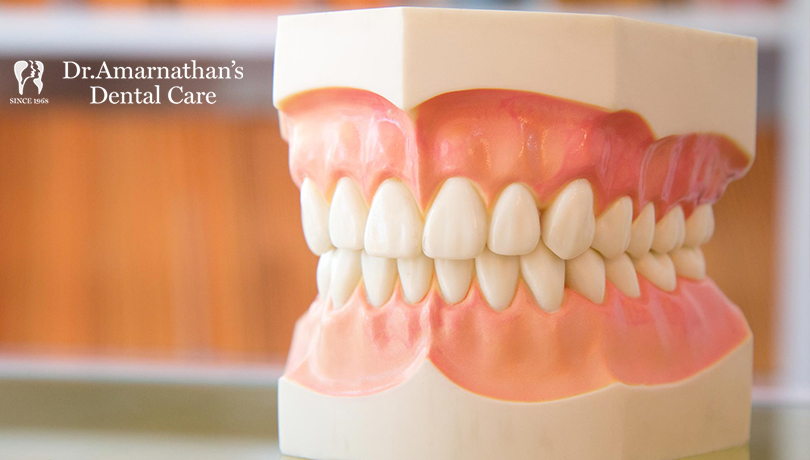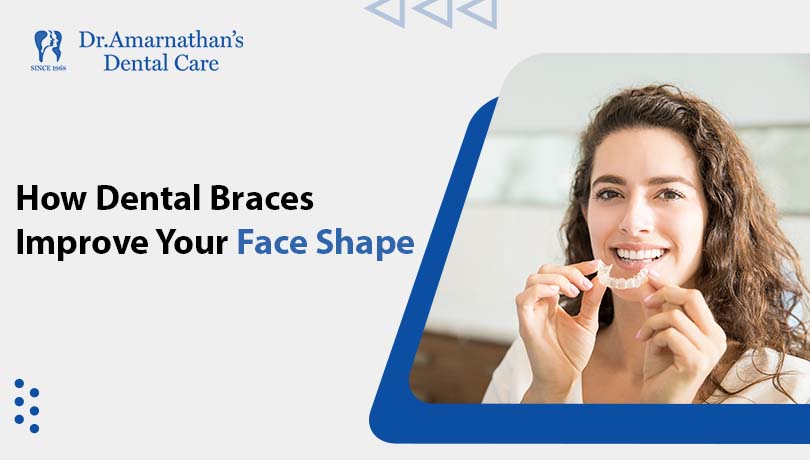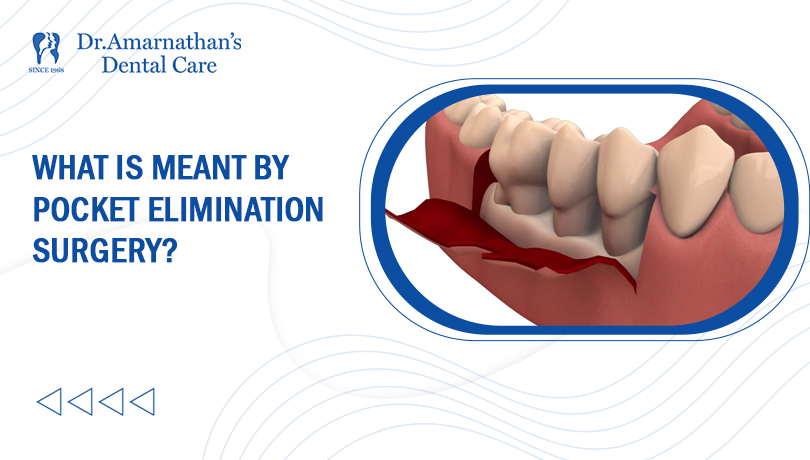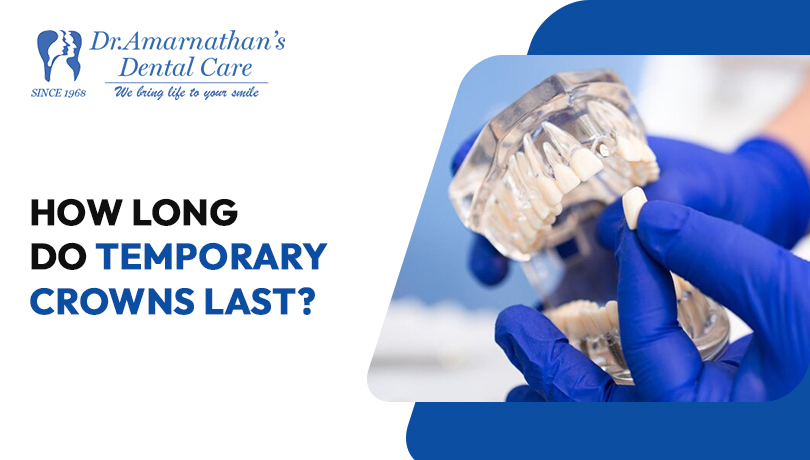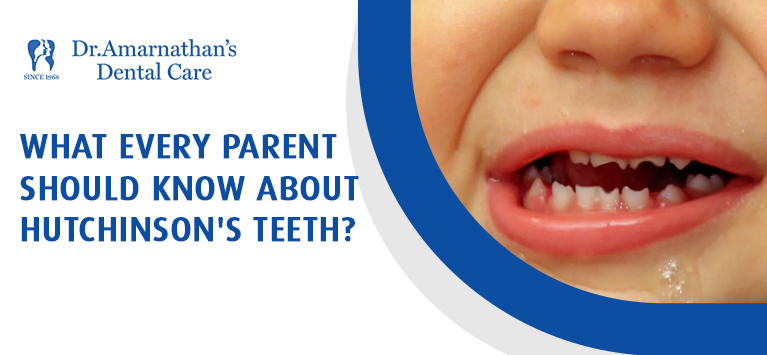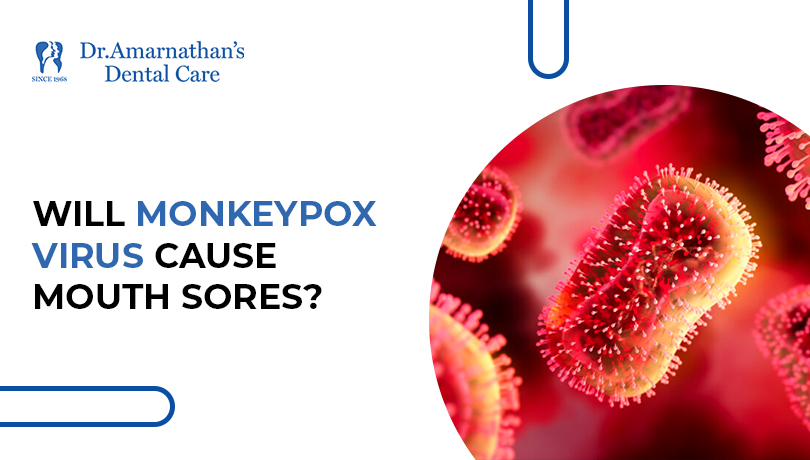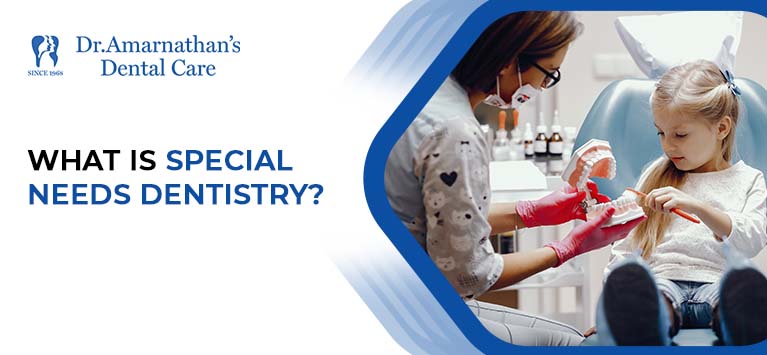
Dental care for people with special requirements
It’s crucial to choose a dental professional who specializes in treating patients with special healthcare needs while caring for an adult or child. These experts have additional training as well as the knowledge to take care of their patients’ needs.
What is Special needs dentistry?
Special needs dentistry commonly referred to as special care dentistry is a dental specialty that deals with the oral problem of older and younger patients, people with intellectual disabilities, and people with other medical, physical, or psychological issues.
Following graduation with a dental degree, special needs dentists often complete extra postgraduate training.
Depending on the dentist’s nation or other jurisdictions, different rules may apply. Some nations including the United States (American Board of Exceptional Care Dentistry, Diplomate) and Australia (Royal Australasian College of Dental Surgeons, Fellowship), offer board certification in dentistry for people with special needs.
Common conditions for special needs
1) Cardiovascular disease
The dental team must have a thorough knowledge of common heart problems and how to treat patients with cardiovascular disorders. This is due to the possibility that dental treatments and medications may make heart disease worse.
In special care dentistry, conditions like hypertension, angina, myocardial infarction, and inherited acquired bleeding problems are frequently treated.
The following oral consequences are linked to cardiovascular disease:
- Periodontitis
- Dental caries
- Xerostomia (Dry mouth)
2) Respiratory diseases
Asthma and COPD (Chronic Obstructive Pulmonary Disease) are the two respiratory conditions that dentists may see most frequently.
3) Developmental disabilities
- Autism – People with autism are more susceptible to caries, bruxism, tongue thrusting, and self-harming behavior including picking at the gingiva or biting the lips.
- Cerebral Palsy – Patients with cerebral palsy have difficulty taking care of their oral health as well as receiving dental care. Because of this, these patients frequently have greater rates of untreated disease and tooth loss.
In simply, people will developmental disabilities encounter an array of issues as follows:
- Oral hygiene issues
- Periodontitis
- Xerostomia brought on by drugs and mouth breathing
- Melanocyte hypoplasia
- Caries
- Drooling
- Dysphagia
- Bruxism
- Damaged teeth
4) Down’s Syndrome
With the right behavioral management approaches, the majority of Down Syndrome patients can receive primary dental care; however, how well this works depends entirely on how severe the patient’s learning disability is and how cooperative they are.
There are many treatments that can be effectively performed while under local anesthesia, but any cardiovascular or neurological issues should be taken into consideration.
The following oral features are common:
- Delayed eruption and development of the teeth
- Hypodontia
- Microdontia
- Hypocalcification
- Periodontal disease with a high prevalence of severe early onset
- Protruded tongue
- Strong gag reflex
5) Mental Health Conditions
Young adults and adolescents are more frequently treated with this type of special care dentistry.
- Schizophrenia -Poor self-care, including poor diet and oral hygiene, Xerostomia, brought on by antipsychotic drugs, Caries, Gum disease, Involuntary muscular movements are a feature of tardive dyskinesias.
- Bipolar Disorder – Poor dental hygiene, plaque and calculus buildup, increased chance of periodontal disease, increased caries, Xerostomia
- Depression – Xerostomia (usually due to tricyclic antidepressant medication or due to an anxiety component to the disorder) , Poor dietary and oral hygiene habits, Caries (the disorder may be influenced by changes in nutrition or appetite), Chronic gum disease, Dental dysesthesia (generalized physical aches and pains)
6) Geriatric Patients
- A cardiovascular condition
- Diabetes
- Hypertension
- Macular degeneration
7) Drug Dependent Patients
Patients who are drug addicts typically consume a lot of sugar, especially methadone users, which causes cavities. Convulsions mainly cause their teeth to be lost or damaged. They also exhibit a high level of anxiety when receiving dental care.
Bottom line
Most essential, a good special needs dentistry clinic will have specialized tools, including an operating room, and a dentist who takes a thorough medical history and customizes treatment to fit the patient’s specific requirements.
Do you have queries regarding dentistry for special needs? Would you like to make an appointment for yourself or your children?
For dentistry that the entire family can trust, visit our dental clinic.

